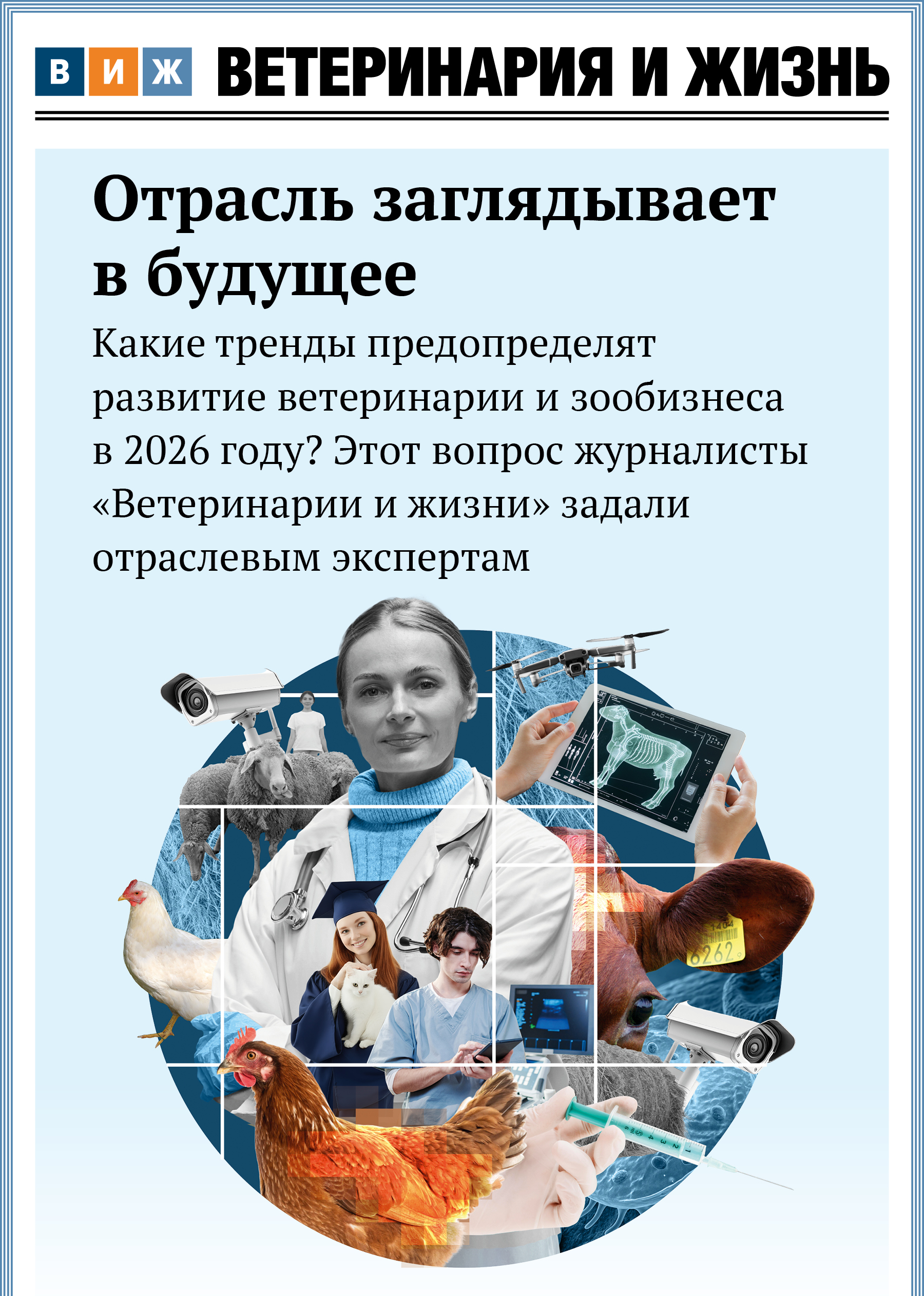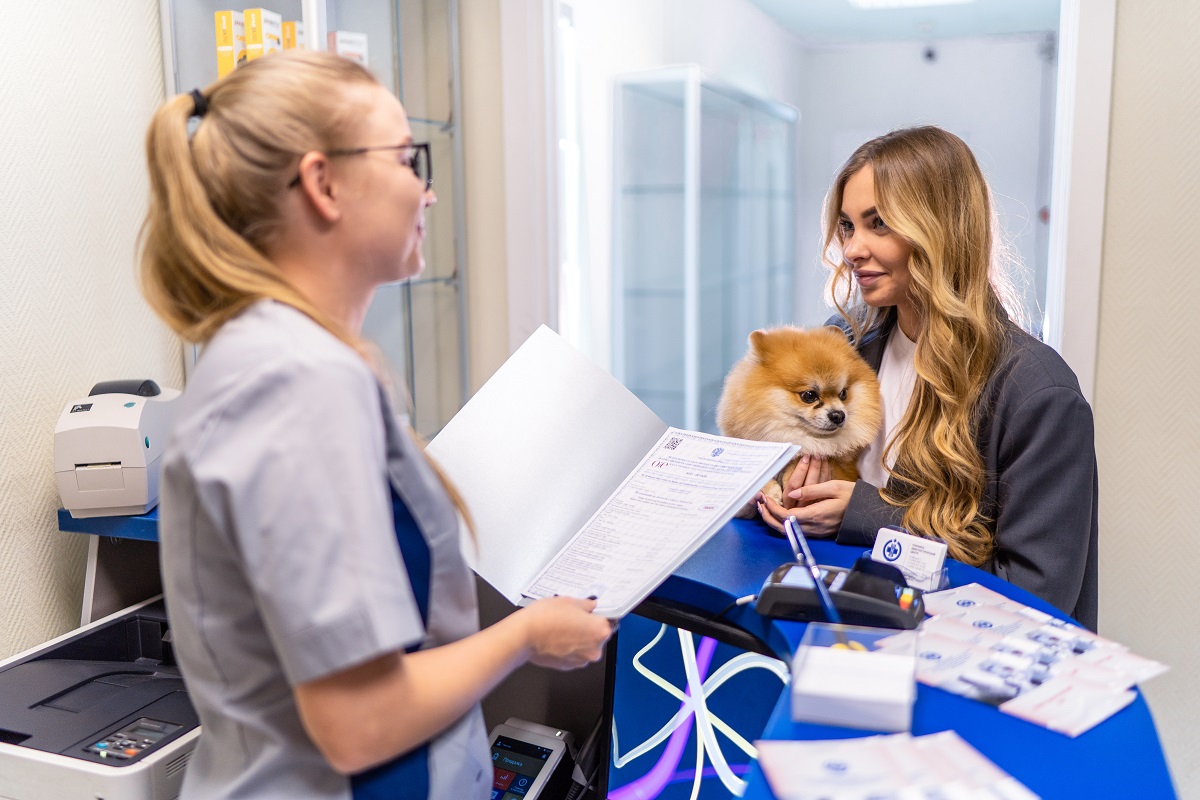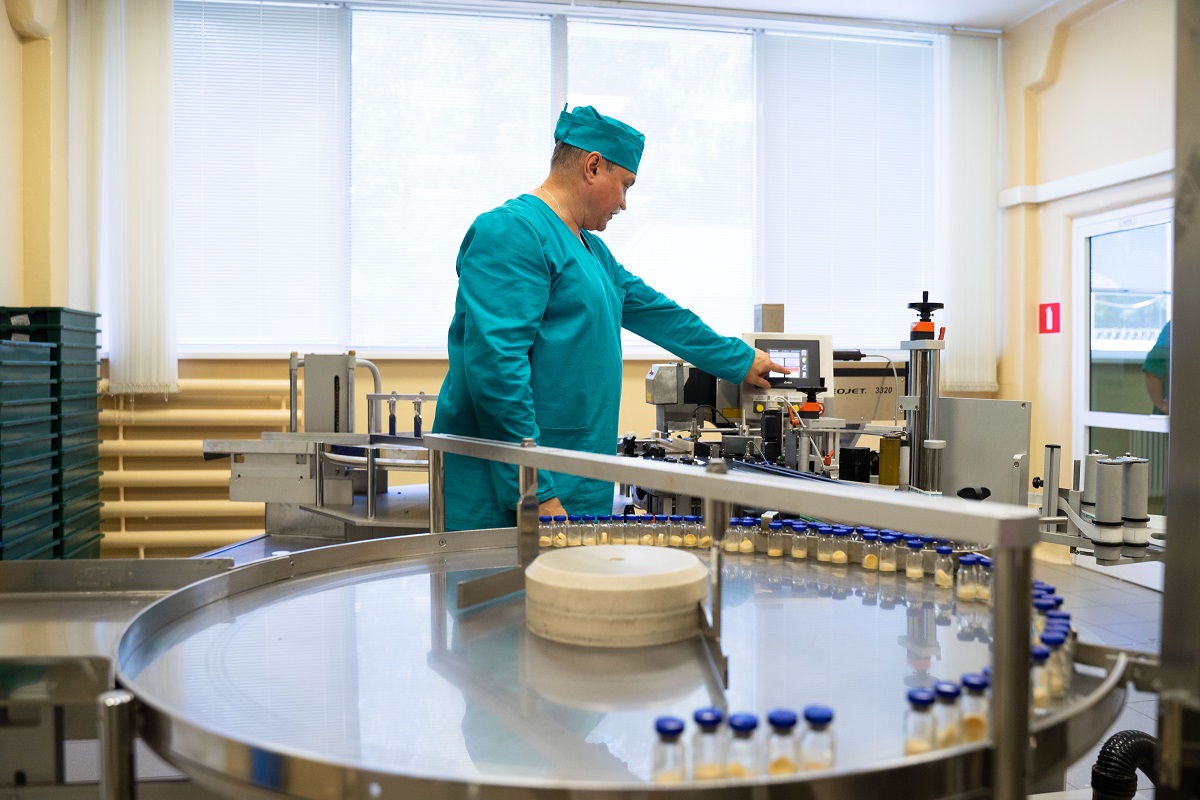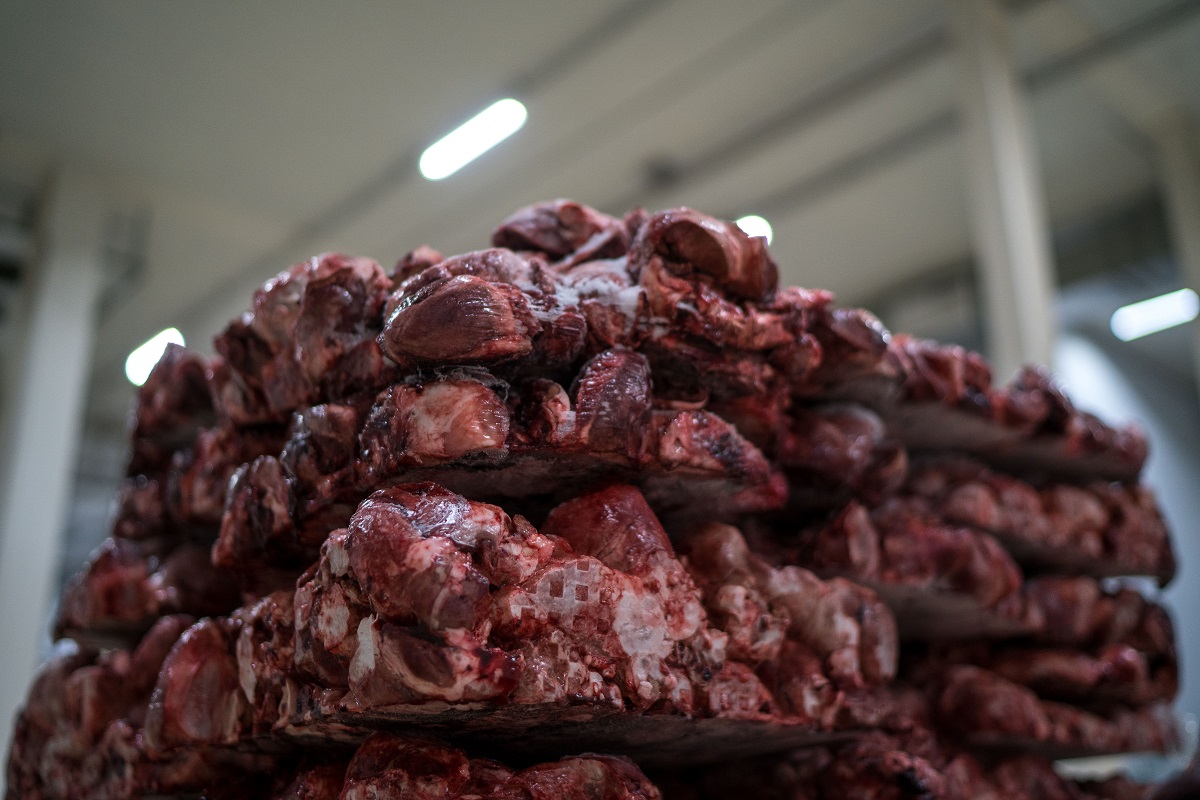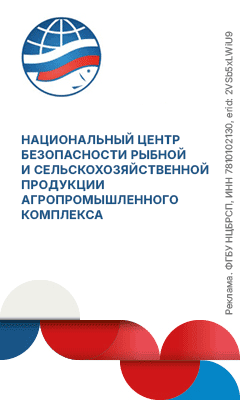When asked about the risks to consumers and their pets from purchasing banned pet food on online marketplaces, Rosselkhoznadzor stated that the primary concern is “getting a counterfeit product”.
“Rosselkhoznadzor regularly holds meetings with representatives of marketplaces to emphasize the unacceptability of selling prohibited animal feeds,” the service’s representatives said.
Reminder: Rosselkhoznadzor has banned animal feed imports from Hill’s Italian production plant, effective February 6. The service conducted an inspection of Italy’s feed sector in November 2023, which revealed a lack of laboratory control over feed ingredients, insufficient temperature treatment of raw materials, and the absence of appropriate data and documentation on the origin of starting materials used in cat and dog food production. The use of unidentified raw materials poses a risk of spreading dangerous animal diseases.
Note: Hill’s operates multiple production facilities in Europe and the USA. Prior to the ban on imports from the Italian production site, Rosselkhoznadzor had also suspended imports of feed produced in the Netherlands, the Czech Republic, and the USA. Currently, supplies of Hill’s products are suspended from all of the company’s facilities. However, these products are still available for purchase on popular marketplaces.
Russian Feed Production on the Rise
At the same time, Russian manufacturers are ramping up production of cat and dog food. According to Rosstat, Russia produced approximately 1.4 million tons of prepared pet food, a significant increase from the 574,000 tons produced in 2022. Rosselkhoznadzor reports that the number of feed producers in Russia is also growing, from 443 companies in 2022 to 513 in 2023. The number of those increased from 443 companies in 2022 to 513 in 2023. This increase in production and the number of producers suggest that the Russian pet food industry is well-positioned to meet the growing demand for high-quality pet food.


